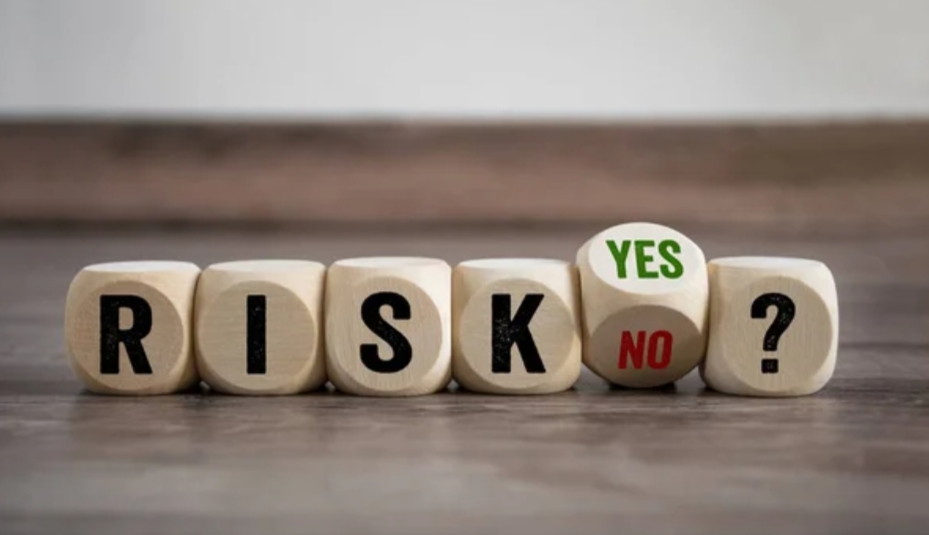
In our pursuit of “the big win”, the promotion, the dream house, or the milestone anniversary, we often treat the intervening moments as mere filler. We wait for the grand note of life to feel a sense of thankfulness, bypassing the quiet melodies that play in the background every single day. However, the secret to a resilient and joyful life isn’t found in the rare, massive shifts, it’s hidden in the practice of micro-gratitude.
The Architecture of Happiness
Psychologically, our brains are wired with a negativity bias. We are evolved to notice the pebble in our shoe or the one rude comment in a sea of compliments. Expressing gratitude for small things acts as a conscious recalibration of this system.
When you acknowledge a small win, the perfect temperature of your morning coffee, a green light when you’re in a hurry, or the way the sun hits a building, you trigger a release of dopamine and serotonin. These are the brain’s natural feel-good chemicals. By doing this repeatedly, you train your brain to scan the world for positives rather than threats.
Why the Little Things Matter Most
- They are Sustainable: Huge milestones happen a few times a decade. Small joys happen dozens of times a day. If you only feel grateful for the big stuff then you’re spending 99% of your life waiting to be happy.
- They Build Resilience: When life gets difficult, the big things often disappear or feel out of reach. In those dark times, the ability to appreciate a warm blanket or a kind text message becomes a vital lifeline.
- They Improve Relationships: Gratitude is social glue. Saying “thank you” to a partner for taking out the trash or to a shopkeeper for a smile validates their effort and strengthens your connection to the community.
How to Practice Micro-Gratitude
You don’t need a fancy journal or an hour of meditation to start. You simply need awareness.
- The Three Small Wins Rule: Before bed, identify three tiny things that went well. Not “I got a bonus,” but rather “The air felt fresh today” or “I caught a great song on the youtube.”
- Narrate the Moment: When something small goes right, say it out loud or think it clearly: “I really appreciate this quiet moment.”
- The “Notice the Ordinary” Challenge: Try to find beauty in something mundane. The engineering of a paperclip, the vibrant color of a piece of fruit, or the reliability of your old sneakers.
The Ripple Effect of Micro-Gratitude
Gratitude is contagious. When you start appreciating the small efforts of others, they feel seen. When you appreciate the small joys of the world, you become a more pleasant person to be around. You stop being a passive consumer of your life and start becoming an active participant in its beauty.
By shifting your focus from what is missing to the abundance of “small enough” things already present, you turn an ordinary Tuesday into a series of quiet victories.




